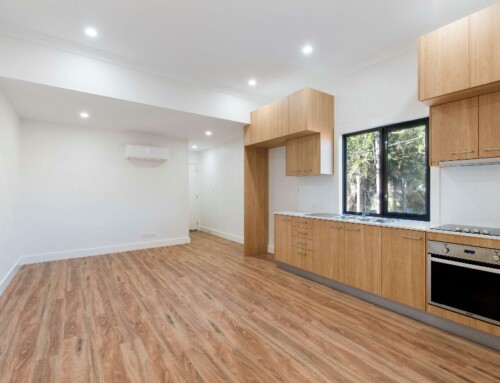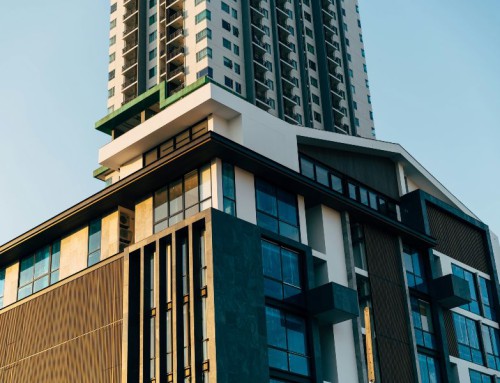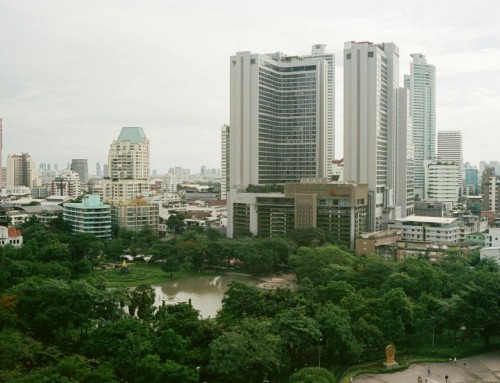Recently in Singapore, the property market seems to have come out of its long slumber. Buyers have returned in droves to the latest new project launches and interest in the resale market has also picked up significantly. The rationale is that real estate is a great investment. To some people, it is their only investment. As a real estate salesperson myself, I get the distinct privilege to actually meet many homeowners. I also get to learn about their frustrations and thus it led me to understand that property investment is not without its difficulties. In my own personal capacity as an owner of more than one property, I experience frustrations from time to time as well.
To many in Singapore, a home is a potential asset but this can very quickly spiral into a financial mess if not handled carefully from the start. In today’s slow rental market, many investment properties sit vacant with no tenants. During periods of economic downturn, many properties are sold at losses. Human psychology ensures that those who make money from property investment tend to be more vocal about their gains than the ones who lose money from property investment.
Let us break down a few traditional thoughts about property investment.
1) My home is an asset
The usual school of thought would be that a home is only an asset once you sell and cash it out. So in theory, if you bought a property for $1,000,000 and sold it for $1,200,000 after 5 years, that would constitute a healthy $200,000 profit!
The conventional thought would be to subtract the buying price from the selling price to get this figure of $200,000. However, homeownership is unlike other assets. If you were to purchase a stock or a bar of gold, this calculation would hold true. However, when it comes to a property, there are many other costs of holding a property. The usual cost would be things like the mortgage payments (principal and interest), mortgage insurance, home insurance, property taxes, maintenance and conservancy costs, renovation and repair bills, transaction costs like agent and legal fees and stamp duties.
If you actually deduct all these costs from the perceived profit, it truly dwindles down to perhaps half of that. That then actually works out to a nett price appreciation of about 10% for 5 years.
2) I am both a homeowner and an investor with the property that I live in
Homeowners tend to view the property that they live in as their best bet to financial freedom. They perceive that their one and only property will appreciate in value over time and they can cash in on the property at a later date. The truth is that many homeowners are too emotionally attached to their place of residence and do not want to inconvenience themselves when it comes to shifting. If a property is truly an investment tool, pricing should be the sole determinant when selling. However, it is difficult to uproot your family from their abode just when the right price comes in. Also, if you are unwilling to sell during periods when prices are high and find alternative lodging while waiting for prices to come down, it is difficult to profit from property cycles. That being said, it also does not pay to be renting for long periods of time without actually owning a property of your own.
3) My home is a liability
In the purest sense of the word, a liability is “the state of being legally responsible for something”. Thus yes, your home is a liability. If you intend to purchase a property, always consider a 5 to 10 year holding period as economic cycles tend to even out over time. It is difficult to time the market thus it would be best to consider if this liability is something that you can commit to for an extended period of time. Consider the mortgage repayments, insurance, the cost of maintenance which you have to maintain over the next 5 to 10 years before jumping into a property investment.
4) The day you collect your keys, the net worth of your new home drops
No, this blog post is not talking about cars and yes I am referring to your new home. I tend to tell my clients that if you bought the property for $1,000,000 today, its net worth to you is about 23% less than the purchase price as of the day of purchase. Confused? Let me break it down then.
Stamp fees for purchase: About 3%
Renovation (Estimated $50,000): About 5%
Seller Stamp Duty (SSD) if property is sold immediately after purchase: 12%
Agent Fee: 2%
Other Miscellaneous Fees: 1%
Total 23%
Thus because of this immediate “depreciation”, it would be prudent to take a longer investment horizon when it comes to purchasing a property. As time goes by, the SSD will reduce and if there is an appreciation of prices in the general market, the net worth will be positive.
The point I am trying to make is to alert potential home buyers to possible caveats which otherwise may not be obvious to them. Purchasing a property is definitely not hassle-free and a property is an illiquid asset. Do look for someone you can trust when engaging a property agent so that you can receive genuine, useful advice. Also, consider the opportunity cost of owning a property. Consider other forms of investments other than property investment.
Yours Sincerely,






